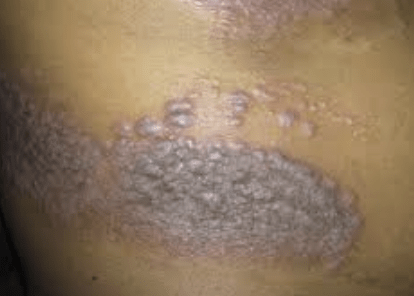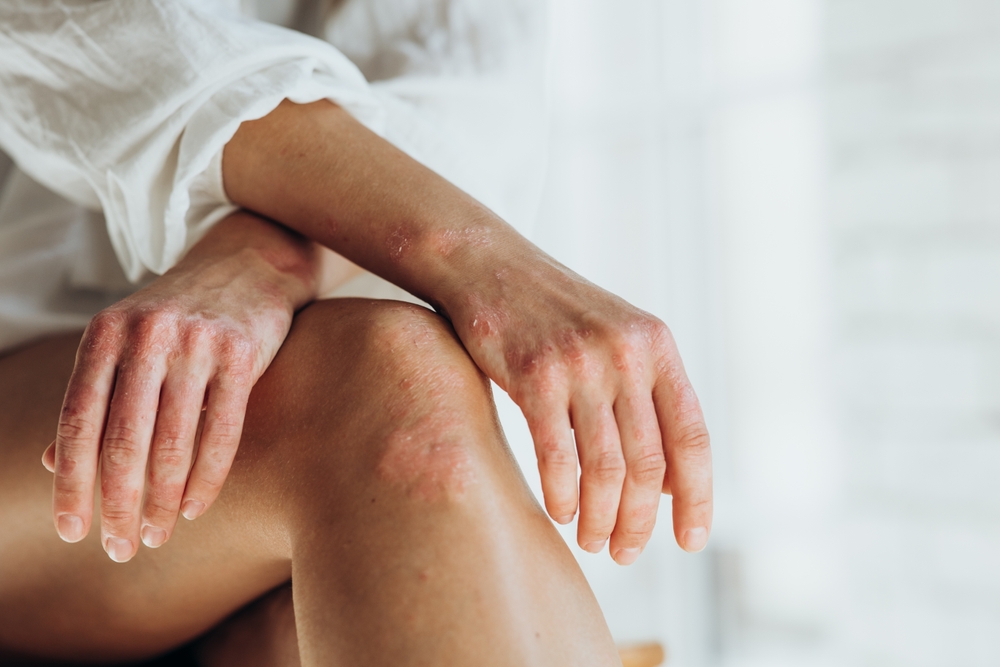Presence of Cultures Appears to Increase Psoriasis and PsA Risk
In a study published in Rheumatology, researchers identified a strong link between pharyngeal cultures, regardless of pathogen, and increased risk for psoriasis and psoriatic arthritis (PsA).
The study reviewed 313,235 culture samples taken over a 3-year period from a population of 128,982 patients. The primary end point was diagnoses of PsA or psoriasis, identified with ICD codes. The researchers used Cox regression analysis to qualify the impact of culture site, pathogen, and positive or negative status on PsA and psoriasis risk.
Reportedly, patients with pharyngeal cultures were significantly more likely to develop incident PsA (hazard ratio [HR], 8.78; 95% CI, 3.23-23.91) and psoriasis (HR, 8.00; 95% CI, 5.28-12.12) compared with patients with urine cultures. The authors noted the greatest risk was in the 50-day period following the culture date.
In further analyses, the researchers found that patients with cultures in the pharynx had greater risk for psoriasis and PsA relative to patients with cultures in the nasopharynx and blood. The increased risk did not appear to be associated with streptococci pathogens in any cultures. Additionally, the authors observed that positive bacterial cultures in any site were associated with reduced PsA and psoriasis risk.
Ultimately, the authors found that pharyngeal cultures had a site-specific association with increased risk for psoriasis and PsA, and they concluded that infection location, rather than pathogen, may drive the increased risk.
Reference:
Thrastardottir T, Meer E, Hauksdottir A, et al. Strong site-specific association of pharyngeal cultures with the onset of psoriatic arthritis and psoriasis, regardless of pathogen [published online ahead of print, 2022 Apr 23]. Rheumatology (Oxford). 2022;keac253. doi:10.1093/rheumatology/keac253








